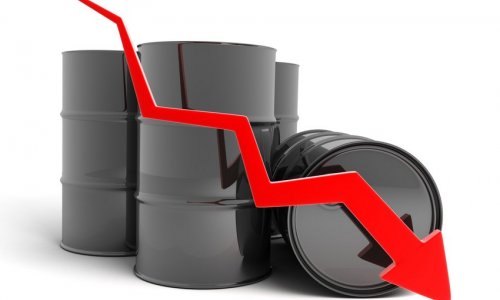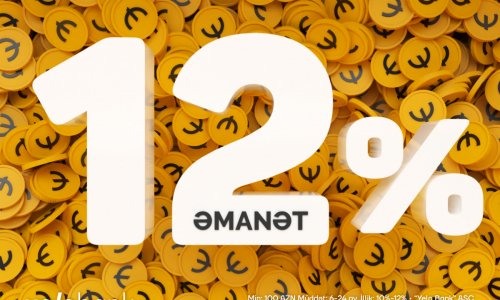Amid negotiations about a reduction of oil production between members of the Organization of the Petroleum Exporting Countries (OPEC), Russia reported its highest post-Soviet record oil output.
Russia's ministry of energy announced Saturday that in September it pumped a record 11.1 million barrels per day (bpd), the most since the demise of the Soviet Union and 4% above the previous output of 10.7 million bpd, according to preliminary estimates.
Russia, as well as OPEC members, has struggled with the long recession as oil prices stay below $50 a barrel. In 2008, as a result of the financial crisis, oil prices plunged from $147 a barrel to less than $35.
On Wednesday, during the informal meeting in Algiers, for the first time in eight years, OPEC agreed to outline a deal that limits oil output. "We decided the range of production for OPEC of 32.5 to 33 million barrels a day should be divided between OPEC member countries," Iranian minister Bijan Namdar Zanganeh said after the meeting. Working out an output freeze as well as the levels of production by each country is the goal of the next formal meeting in Vienna slated for November. However, some doubt whether OPEC will follow through on the commitments made at Algiers.
Russia's oil minister, Alexander Novak, said after the Algiers agreement was announced, that "Russia will carefully consider those proposals which will be eventually drawn up", but "our position is keeping the volume of production at the level that has been reached." Nevertheless, Russia is flexible and is open for joint OPEC efforts to stabilize the oil market.
Russia is dependent on oil and gas for about 40% of its budget revenues. The country's position is complicated by the fact that much of its output comes from companies having private shareholders. Thus, according to Amrita Sen, the chief oil analyst at Energy Aspects, "Russia is unlikely to [join a freeze deal]."
As Emmanuel Ibe Kachikwu, Nigeria's oil minister, said "even if we have a freeze, what difference does it make?" if the US raises its output when prices rise. "Someone will just move in and take over that market share. Whether at the end of the day the freeze itself will be sufficient to impact the market in a way that we expect is also still questionable," he added.
www.ann.az
Follow us !










